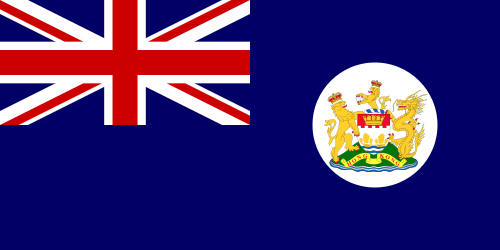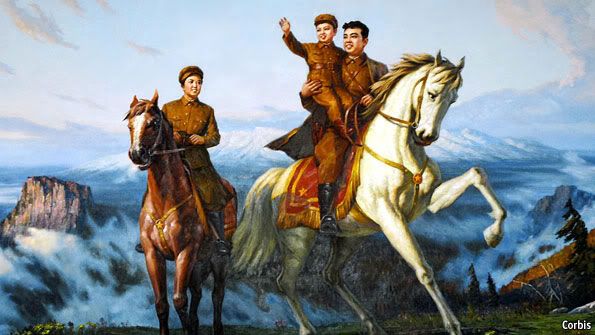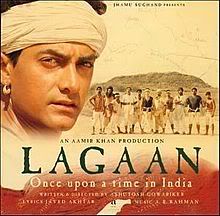By: inoljt, http://mypolitikal.com/
Great Britain is a democracy and a country dedicated to helping spread liberty around the world.
At least today. There used to be a time when Great Britain was not a friend to democracy. Indeed, there used to be a very undemocratic thing called the British Empire.
One of the last great British colonies was a city called Hong Kong.
More below.




